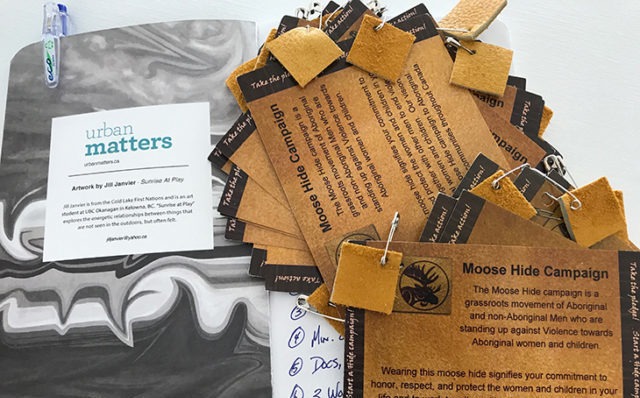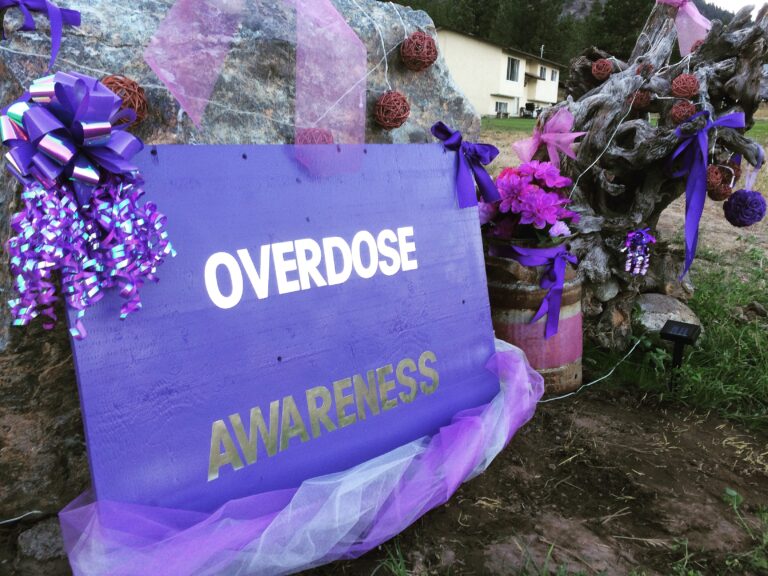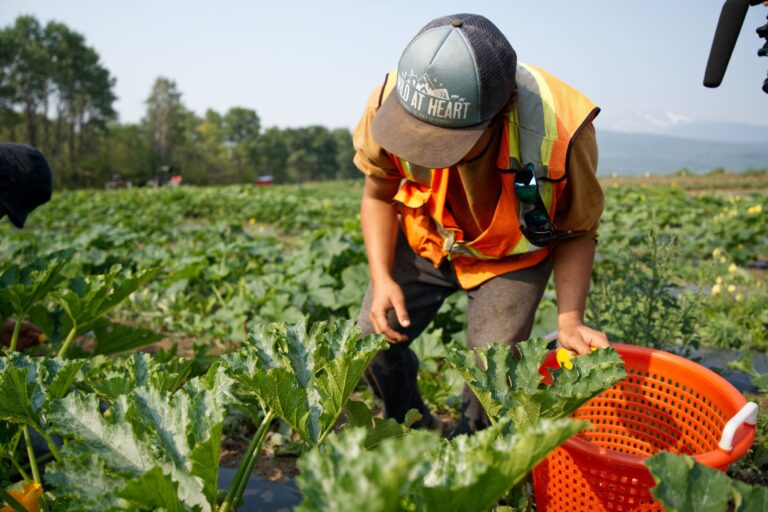21 June 2017
Happy National Aboriginal Day!
Hello Canada!
My name is Michael Flood, I’m 21 years old, and I grew up on the beautiful Wolastoq river in southern New Brunswick, a region settled by my Irish ancestors in the early 19th century. I’m currently studying in the PPE (Politics, Philosophy, Economics) program at UBCO, and this summer I have the great privilege of embarking on a policy project in collaboration with the social enterprise Urban Matters where I am exploring the Indigenous policy landscape as it has developed over the years. My motivations with this project comes in two respects. On one hand, I want to personally reconcile with the history of our lands and people, and on the other, I want to help you begin a similar journey. The only problem: I don’t know where to begin.
That sentiment; that state of mind, coupled with an education system that never discussed the importance of reconciling with our history is exactly why I never did begin. I am here today because I don’t want us to continue making this grave mistake. For all of the utilitarians out there, I would like to first and foremost explain the productivity of coming to terms with this history; for the historians and for everyone else I would like to convince you that making a personal connection to this history, that acting on your heartstrings when you hear the shocking statistics about the hopes for Indigenous children born today, should not deter you from looking further and deeper into the history. It is easy to find peace in ignorance, but making peace through understanding and through reflection is a more difficult yet worthwhile endeavour.
So, to the utilitarians among us, why is it helpful to know that First Nations youth are more likely to end up in prison than to graduate high school? It is shocking, there is no argument there, but what can we do with that information? In all honesty, not very much. An understanding of how we got here, on the other hand, can tell us a lot about where policy and practice have failed over the years. The design and implementation of education programs for Indigenous peoples; the relocation strategies that isolated Indigenous communities and deprived them of their hunting grounds and native lands; and the social work policy nightmare that has torn at the fabric of far too many Indigenous families (pulling Indigenous children from their homes and moving them through non-Indigenous foster families like chess pieces) with the hopes that the strategy will amount to something. Although these mistakes seem obvious, they were implemented with ‘good’ intentions. Tracing these policies helps us reflect on what it means to have good intentions – to have intentions at all as a matter of fact, and to think critically about the orchestration of our relationship to Indigenous communities. Perhaps it ought to be a relationship that is more about listening than doing; more about working together than defining what is best.
To those (like me) who are just too dumbfounded to know how to react, I would like to share what I have learned from my most recent personal reflections with regards to how to respond to the abysmal state of affairs in which we find ourselves. Here it is: pick up a book, have a conversation, trace the roots of the land that raised you. Beyond this, seek to understand the injustices that have plagued the Indigenous peoples in and around your community. Tell these stories to your peers and participate in the conversation of reconciliation and understanding. Above and beyond that: start listening! Do not define your actions with your sympathies, instead listen to those we have wronged so that we can progress together. Start your story of reconciliation by listening to the stories of others, and with an open mind.

In collaboration with Urban Matters CCC I am helping to develop a comprehensive toolkit for understanding the policy narrative surrounding Indigenous affairs. Each and every social determinant of health and well-being measures poorly next to that of non-Indigenous peoples in Canada – by tracing the colonial policies implemented we can trace the makings of such desolate outcomes. This, in a nutshell, is the work I hope to share with you in the weeks and months to come. Your input, your stories, and your thoughts are more than appreciated.
As for today – happy National Aboriginal Day! For further updates on this policy project, follow Urban Matters on Twitter and check out our Facebook page here.
Here is a great list from INAC of the many National Aboriginal Day activities.




